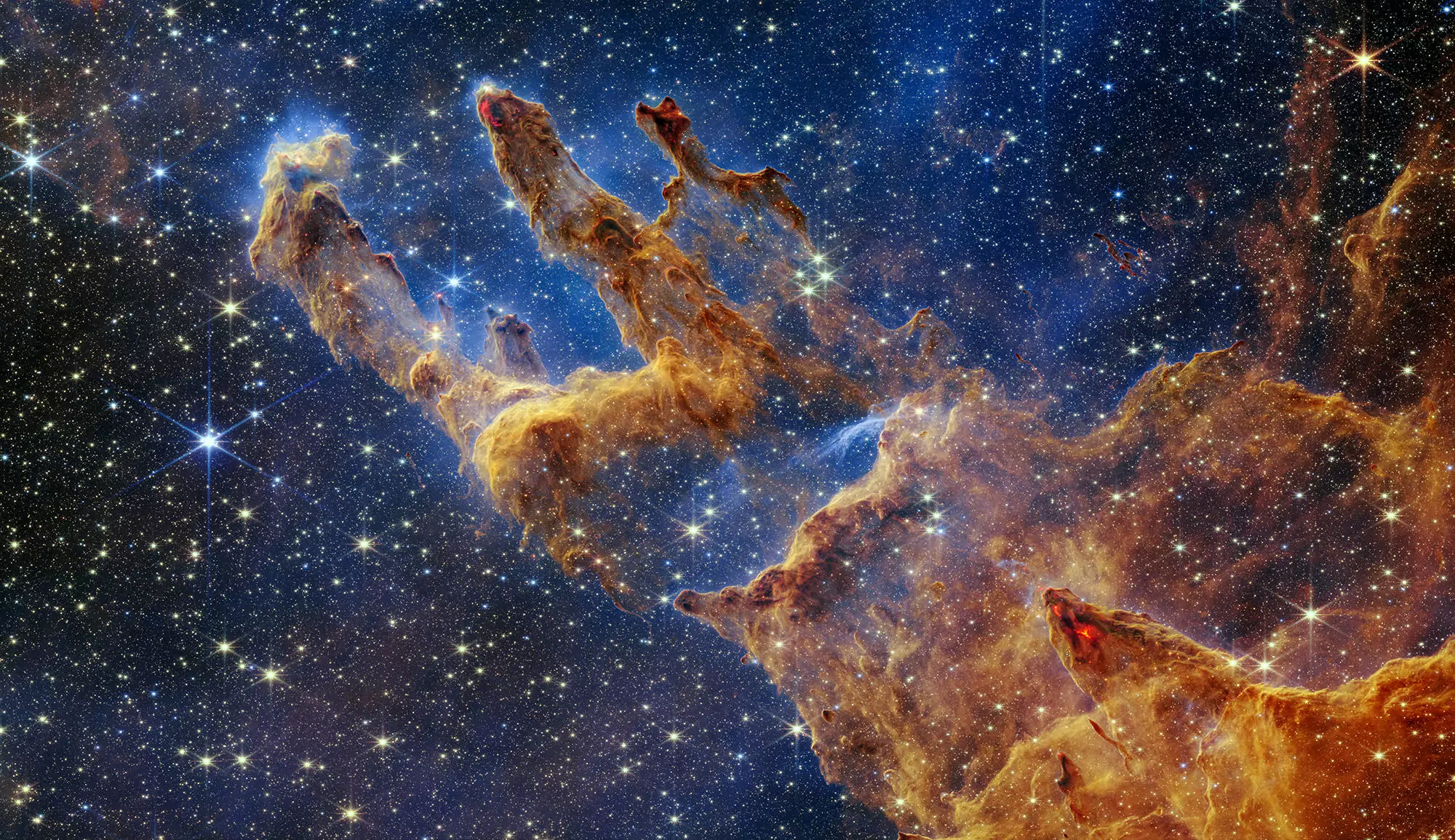
Lumière sur...
Page 1 - résultats 1 à 10

Quand les nuages dictent la dynamique des naines brunes
Dans un article publié dans la revue Nature Astronomy le 19 janvier 2026, une équipe scientifique française, dirigée par des chercheurs de l’Observatoire de...

Rétrospective des sujets marquants de l’année 2025
En 2025, quelles sont les actualités qui se sont démarquées à l’Observatoire de Paris - PSL ? On vous fait un récap. Petit coup d’œil dans le rétro...

Première image d’une planète si proche d’étoiles doubles
Une équipe de recherche internationale, comprenant des chercheurs CNRS de l’Observatoire de Paris - PSL, annonce la découverte d’une nouvelle exoplanète en...

MOONS : Le plus grand instrument astronomique entame son voyage vers le Chili
MOONS, spectrographe de pointe construit par un consortium de six pays, prendra la mer pour percer les secrets de l’Univers. En cette fin d’année 2025, après...

MOSAIC : l’Observatoire de Paris-PSL au cœur de la réalisation des instruments du futur ELT
Le 1er décembre 2025, l’ESO a signé l’accord lançant pour l’Extremely Large Telescope (ELT) la conception et la construction de MOSAIC, le un spectrographe...

Découverte d’un système d’anneaux en cours de formation autour de l’objet centaure Chiron
Une équipe internationale, impliquant des chercheurs français de l’Observatoire de Paris – PSL, de Sorbonne Université et du CNRS, a mis en évidence un...

Passage à l’heure d’hiver 2025 : dans la nuit du 25 au 26 octobre
Le changement d’heure 2025 aura lieu dans la nuit du samedi 25 au dimanche 26 octobre 2025. À 3 heures du matin, il faudra retarder les horloges d’une heure...

Anniversaire : les 10 ans de la première détection d’une onde gravitationnelle
Quelques dixièmes de seconde, il y a 10 ans, ont suffi pour ouvrir une nouvelle astronomie : celle des ondes gravitationnelles. À cette quête commencée en...

Une occultation par Ganymède le 14 octobre 2025
Un événement rare se déroule dans la nuit du 13 au 14 octobre 2025 : Ganymède, le troisième satellite de Jupiter, occulte une étoile de magnitude 7. Le...

Astronomie gamma : lancement de la construction de 12 télescopes pour le CTAO
L’Observatoire de Paris-PSL et le CNRS permettent au projet international Cherenkov Telescope Array Observatory (CTAO) de franchir une étape clé, avec la...